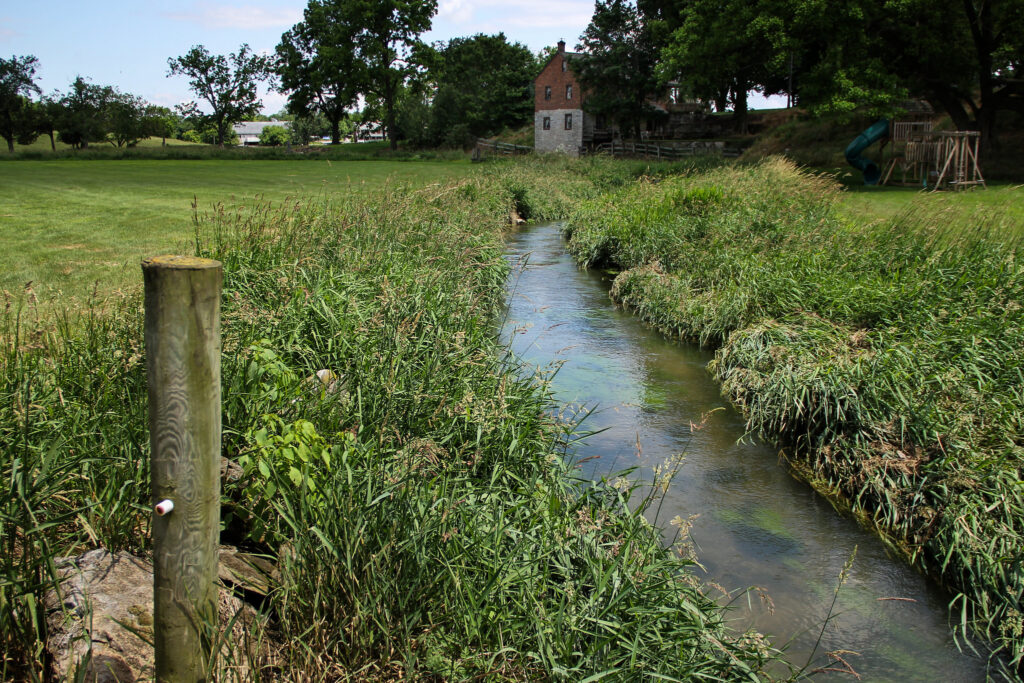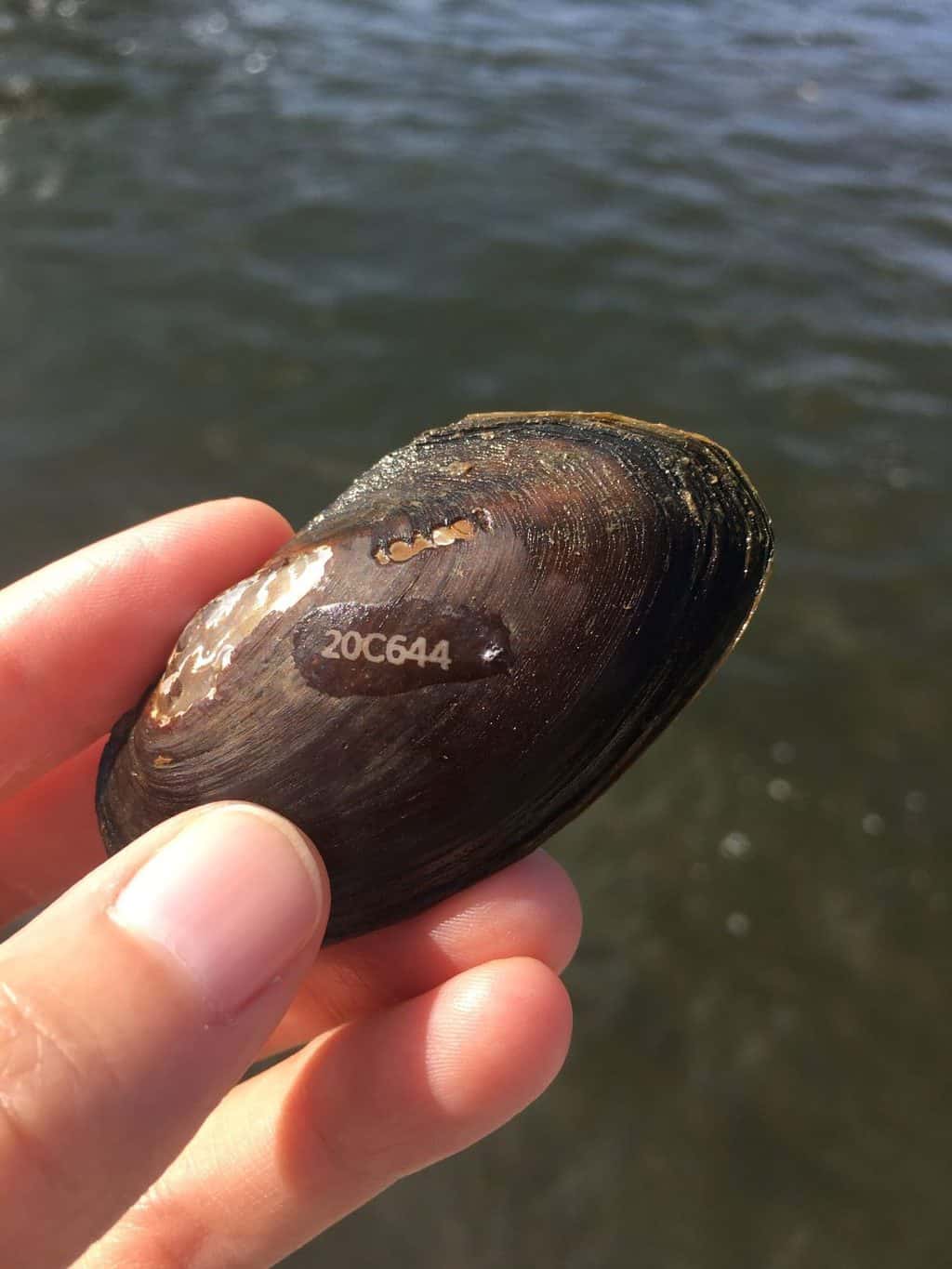The Chesapeake Bay Foundation (CBF) and others took legal action against the Environmental Protection Agency (EPA) back in 2020, saying the agency did nothing to hold the state of Pennsylvania accountable for its Bay pollution diet goals. The lawsuit they filed then has just been officially dismissed three years later.
Last week, the parties involved filed notice of their settlement in U.S. District Court.
Under the agreement, the EPA promises to step up enforcement efforts against agriculture operations—Pennsylvania’s biggest source of Bay pollution—and look for additional ways to reduce pollution from stormwater runoff. In addition, the EPA agreed to concentrate its efforts in seven counties that contribute the most pollution to Bay tributaries: Lebanon, Lancaster, York, Cumberland, Bedford, Centre and Franklin.
Those heavily agricultural counties lie in the valley of the Susquehanna River, the Bay’s largest tributary where much of its pollution sweeps down from upriver states.
The Chesapeake Bay Foundation, along with Anne Arundel County, Maryland, the Maryland Watermen’s Association and Shenandoah Valley farmer-conservationist Bobby Whitescarver and his wife, Jeanne Hoffman, filed the suit during the Trump administration. It charged that EPA had failed to force Pennsylvania to develop a pollution diet required under the agency’s own 2010 Bay restoration plan and failed to impose consequences on the state for not doing so.
The attorneys general for Maryland, Delaware, the District of Columbia and Virginia filed a separate similar suit, and the court combined the cases.
The EPA published the tentative settlement agreement in the federal register in April for public comments, then approved it after agreeing with the comments it received.
Adam Ortiz, EPA’s administrator for the region that includes the Bay, said in a statement the settlement “closes a chapter of division and allows EPA, the Chesapeake Bay Foundation and other parties involved to continue giving our full attention to the work needed to accelerate restoration of the Chesapeake Bay and its vast watershed.”
He said the agency and the other parties would “seize the momentum we have with unprecedented funding going to Pennsylvania and other Bay states and building on the strong partnership we now have with Pennsylvania’s agricultural leaders and farming community.”
Under the agreement, EPA could force some farms in Pennsylvania that currently aren’t required to have federal permits to get them and impose federal regulations on some sources of stormwater runoff that they were previously not subject to.
In addition, EPA will step up enforcement of its own permits in the seven counties and work with Pennsylvania officials to revamp the state’s permitting processes.
Chesapeake Bay Foundation President and CEO Hilary Harp Falk said in a statement that the settlement “addresses some of the most severe agricultural pollution problems by targeting efforts toward Pennsylvania counties where the need is greatest.”
Bay scientists have recently said that one of the reasons for the failure to reduce pollution from agriculture and stormwater run-off was the lack of concentration on certain areas, she added. “This settlement takes a step forward with a focus on specific problem areas. And while we are encouraged by recent investments from the Commonwealth and leadership from EPA, we still have a long way to go.”
She said they “look forward to working with EPA, Pennsylvania’s farming community, conservation organizations, and government officials as the Commonwealth, and all the states, seek to fulfill their commitments to clean water.”
-Joel McCord



